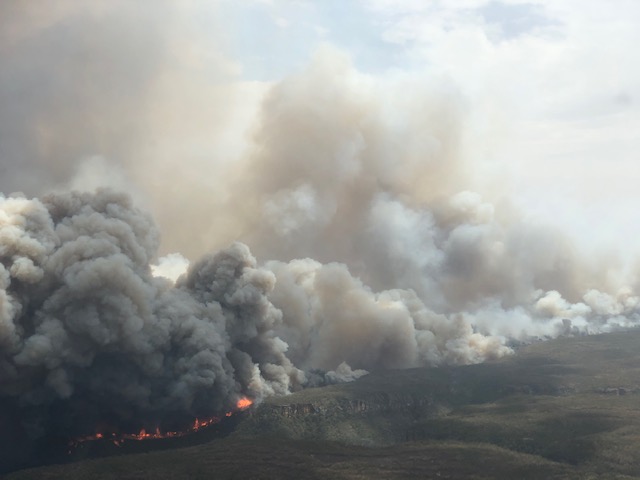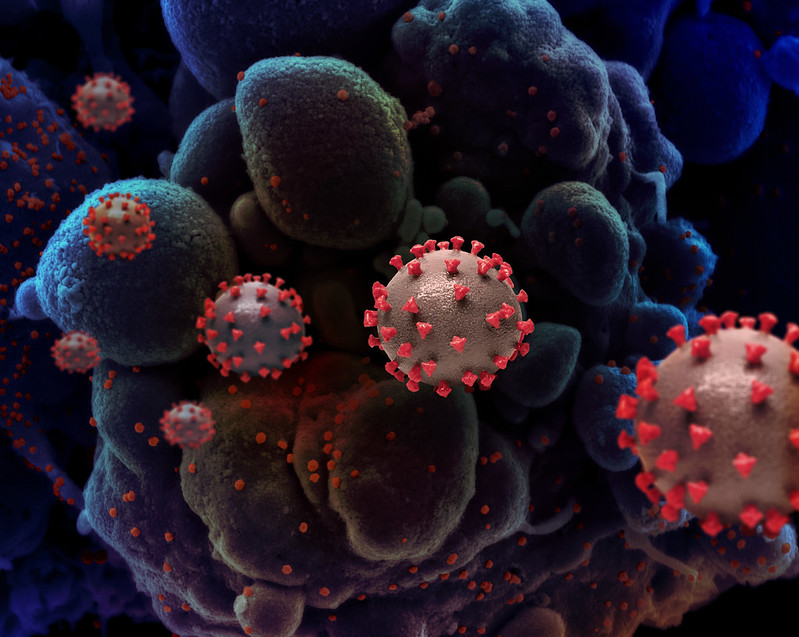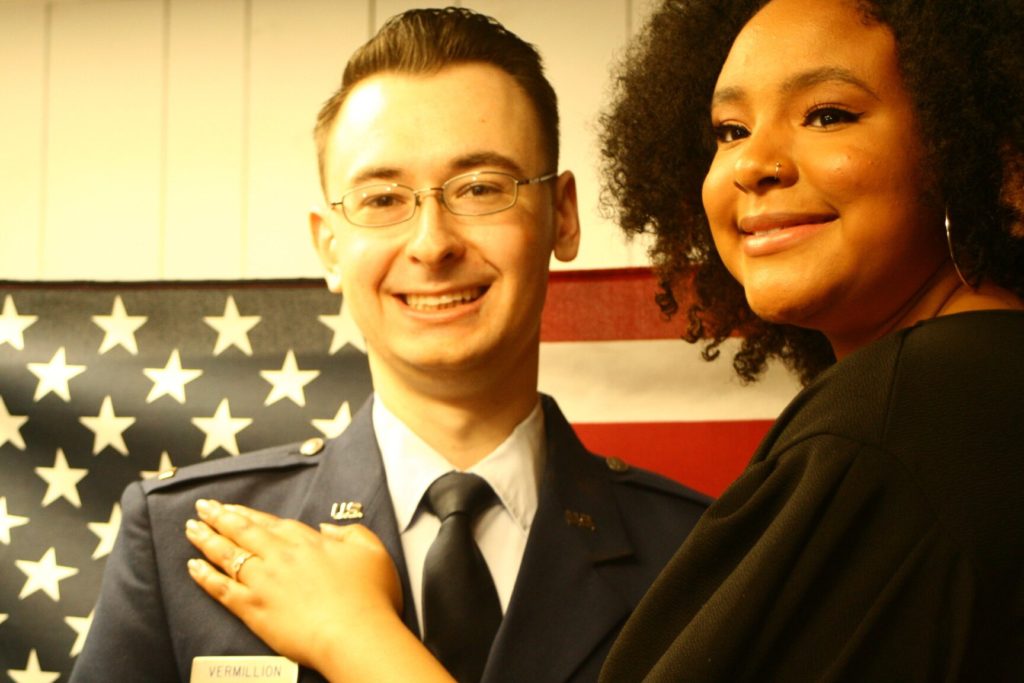2020 was a wild year for the history books.
I started the year concerned that we were about to go to war with Iran. Thanks to our space forces’ strength giving early warning and politicians worldwide showing restraint, we managed to avoid that problem. I thought the Australian wildfires were likely one of the worst natural disasters we would see. That was before the Amazon Rainforest started burning, and the global pandemic took center-stage.

The Pandemic
In January, the New York Times started reporting on a strange new form of pneumonia in China that was killing many people. At the time, this was unpleasant but not particularly concerning. I received regular updates through my podcast listening on the way to and from classes in my final year of undergraduate courses. These news updates showed a steady progression as scientists and journalists uncovered more about the virus. Wuhan went on lockdown. Travel in China slowed.
It became clear that this novel (new) coronavirus was a problem of some sort. I still doubted its immediate relevance. That changed when news started to surface about how Italy was struggling with the same virus in February. The virus gained a temporary name of 2019-nCoV (2019 novel coronavirus) based on its December identification before being officially named on February 11th as SARS-CoV-2, with the accompanying disease being named COVID-19. I still didn’t know how bad it would be until Spain went on lockdown in March. That’s when I finally realized that this was going to be a problem for a while.
While we have endured many deaths and long-term harm from this virus, the pandemic brought out some positive humanity highlights. Because of the global and life-altering effects of the virus, humankind came together with a single-minded focus that blew the socks off our previous scientific achievements. We developed and brought a vast number of tests to bear on this virus in rapid time. We developed treatments (research still ongoing) and improved clinical outcomes as our medical professionals learned and shared their knowledge.
Our technological advancements allowed many people to hunker down while maintaining productivity in ways that would not have been possible even twenty years ago. We identified and sequenced the virus within a month of noticing its effects. We developed the formulation for an effective vaccine within another month after that, receiving emergency authorization for that same vaccine a year after the virus first emerged in humans. This is a speed never before seen. There are now seven approved vaccines globally, and another 55 that are still undergoing trials. As much as this pandemic was horrible, it also shows how far humanity has advanced in medicine and technology and the potential for future developments.

Final Semester
The semester progressed along the same timeline as the pandemic. It started like most other semesters. Everyone pulled back plans and eventually canceled many events. Classes moved online abruptly, accentuating differences in technological capabilities. If students didn’t have much money to begin with, they often had poor internet connections when they were forced out of university housing and sent back home. If professors had trouble with technology in the beginning, they had issues during the transition. If they were well-prepared in class before, they were still well-prepared online.
At the end of the semester, it was time for me to graduate and commission! I had a virtual graduation ceremony from my university and another for the entire global class of 2020. My commissioning ceremony was virtual, which allowed for many more friends and family to watch it live. After commissioning, I got down on one knee and proposed to the love of my life. She said, yes!

Work
My 2020 employment was split quite a few ways. I started the year working part-time at my local YMCA and as an Air Force ROTC cadet. After graduating, I completed a production internship producing hand sanitizer and other cleaning products. I then moved on to work as a contact tracer and then case investigator as part of my state’s response to COVID-19. Next up, I worked at my county board of elections during the 2020 election. I’m currently working at another local company with data entry and part-time at the same YMCA location.
Additional Happenings
SpaceX began regular astronaut missions for NASA (astronaut taxi service). We collected a portion of an asteroid. We had a reckoning with race relations and our justice system in the wake of a series of high-profile police brutality cases against Black Americans and publicized instances of racist action in early and mid-2020 (Ahmaud Arbery, George Floyd, Breonna Taylor, and others). We lost many great people from a variety of causes. There were many other highs and lows of the year, but those are the ones that stand out the most in my memory.
On a personal level, shortly after graduating, I discovered a passion for working with data. Analyzing the data, visualizing it, and finding ways to automate various data processes all excite me. I also wrapped up the year by marrying my wife early in December. In all, 2020 was eventful. It had many highs, mids, and lows. Enough to keep historians busy for years to come.
I experienced a lot in 2020. Here’s to 2021 being much better!
All opinions expressed are those of the author and do not reflect official views of any company, government, or organization unless explicitly stated in linked material. Links do not imply endorsement.